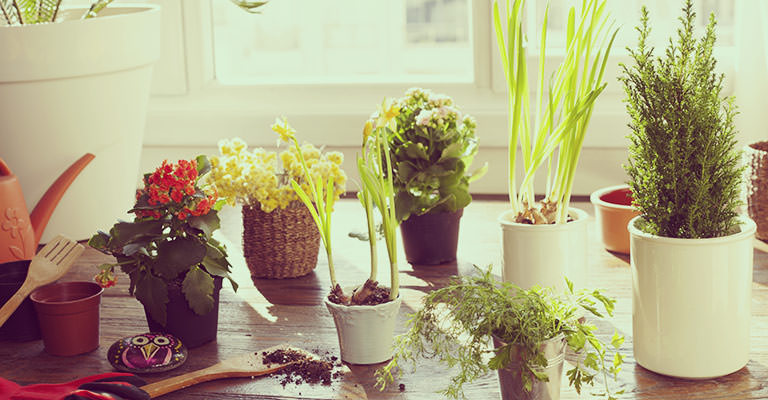
Choosing the right potting soil is important when growing plants in pots or containers. How to choose the best soil? What are the properties and features of a premium potting soil?
Below is a brief summary of the main things you should know to make the right decision.
First, you must know that, depending on the location where you plant them, your plants won't need the same type of soil. This article is about plants grown in pots or containers, as opposed to plants grown in open ground or a vegetable garden, for example. The plants' roots won't have the same amount of space and water retention will not be the same either, which makes a big difference when it comes to growth.
First, look for the word "potting" on the product's packaging. This means the mix was specially formulated for growing plants in containers. Because the plants' roots are limited to a small space, this type of soil contains components that will improve water retention, such as sphagnum peat moss and coir. Water feeds your plants and provides elements that are essential to their growth.
Porosity also has its importance. It's the amount of air inside the mix which allows the roots to thrive. A quality potting soil must have a good water retention capacity as well as a good porosity. The small white particles you see in good quality potting soils are in fact perlite or vermiculite aggregates, lightweight minerals that improve both aeration and drainage.
Several potting soils also contain a controlled release fertilizer. This provides plants with additional nutrients over a longer period of time (generally 3 to 9 months).
Some plants need more specialized potting soils. It is the case with cactuses and succulents, for example. Those appreciate more sandy soils that quickly drain water while keeping a moisture rate that suits their needs.
Orchids are another good example of plants that require a specialized soil. Orchid potting soils contain charcoal, which provides adequate support to the roots and constitutes an optimal growing environment with its high salt content.
Subscribe to our newsletter to receive our gardening tips, news and more directly in your inbox! Fill in the form below. Please note that fields with an * are required.